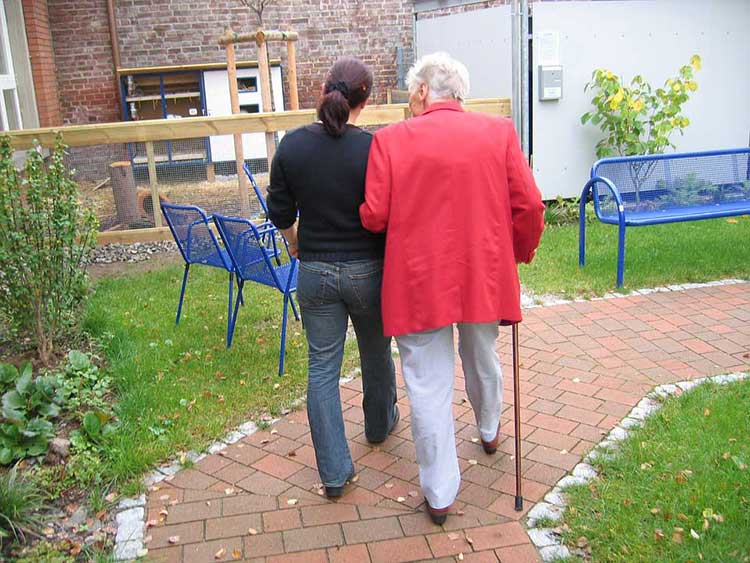May is National Elder Law Month, as designated by the National Academy of Elder Law Attorneys. It is a way to acknowledge the profession that supports seniors and their families with all of their planning needs. And while that sounds great, many people still ask, “What do elder law attorneys do”? Part 1 of this series, “Why May is Special for Elder Law Attorneys” will explore several ways elder law attorneys help seniors and their loved ones.
Elder law attorneys help seniors and their loved one’s plan for the possibility of needing long term care.
According to the Alzheimer’s Association, 1 in 10 people age 65 or older has Alzheimer’s dementia. This number is predicted to double by 2050. Alzheimer’s is also the most expensive disease in the country, with no known cure. In 2017, the average lifetime cost of care for someone with dementia was $341,810.
A diagnosis of dementia can wreak emotional and financial havoc on a family. Elder law attorneys help take the financial stress off of families by discussing options to find and pay for appropriate care without losing the family home or a lifetime of savings.
The emotional and financial cost to family caregivers is also quite alarming. 83% of all caregiving comes from family members, friends, or unpaid caregivers. 30-40% of family caregivers suffer from depression. In 2011, a MetLife study estimated that women caregivers lose over $324,000 in lost wages and social security benefits over their lifetime. Male caregivers lose an estimated $283,000 in lost wages and social security benefits over their lifetime.
The family caregivers who are trying to work and provide care to a parent or loved one also need a legal plan. Elder law attorneys work closely with family members and caregivers to make sure they have proper legal documents in place should their health fail, or if they lose employment due to unpaid caregiving.
If it’s not in writing, it won’t be honored.
Elder law attorneys work closely with seniors to understand what should happen if they can no longer make financial decisions or health care decisions. For example, if mom develops dementia and can no longer pay the monthly bills, who will she want to have authority to access her bank account in order to get the bills paid? What type of care does she want if her dementia advances to the point that she can’t communicate her wishes? Does she want to live at home as long as possible? Does she want a private room if she’s in a facility? These are just a few questions that elder law attorneys discuss with clients, which then get put into legal documents so that mom’s wishes will be fulfilled.
My loved one is in the hospital and can’t come home – now what?
It can be very stressful for a spouse and children when a parent becomes ill and can no longer live at home safely. It can also be very expensive, putting the family’s home and savings at risk.
Elder law attorneys help families find and pay for the best long-term care possible. Unfortunately, 24 hour care at home or in a facility can cost families thousands of dollars a month. Therefore, it is often appropriate to look at other funding sources, like Medicaid or Veterans Benefits, to help offset the cost of care. Elder law attorneys help families explore options, and make the best decision for the loved one needing the care.
We will continue exploring how elder law attorneys help seniors and their families in Part 2. In the meantime, if you have any questions or would like more information, please don’t hesitate to reach out. Call us at (207)848-5600 or check out our CONTACT page.




